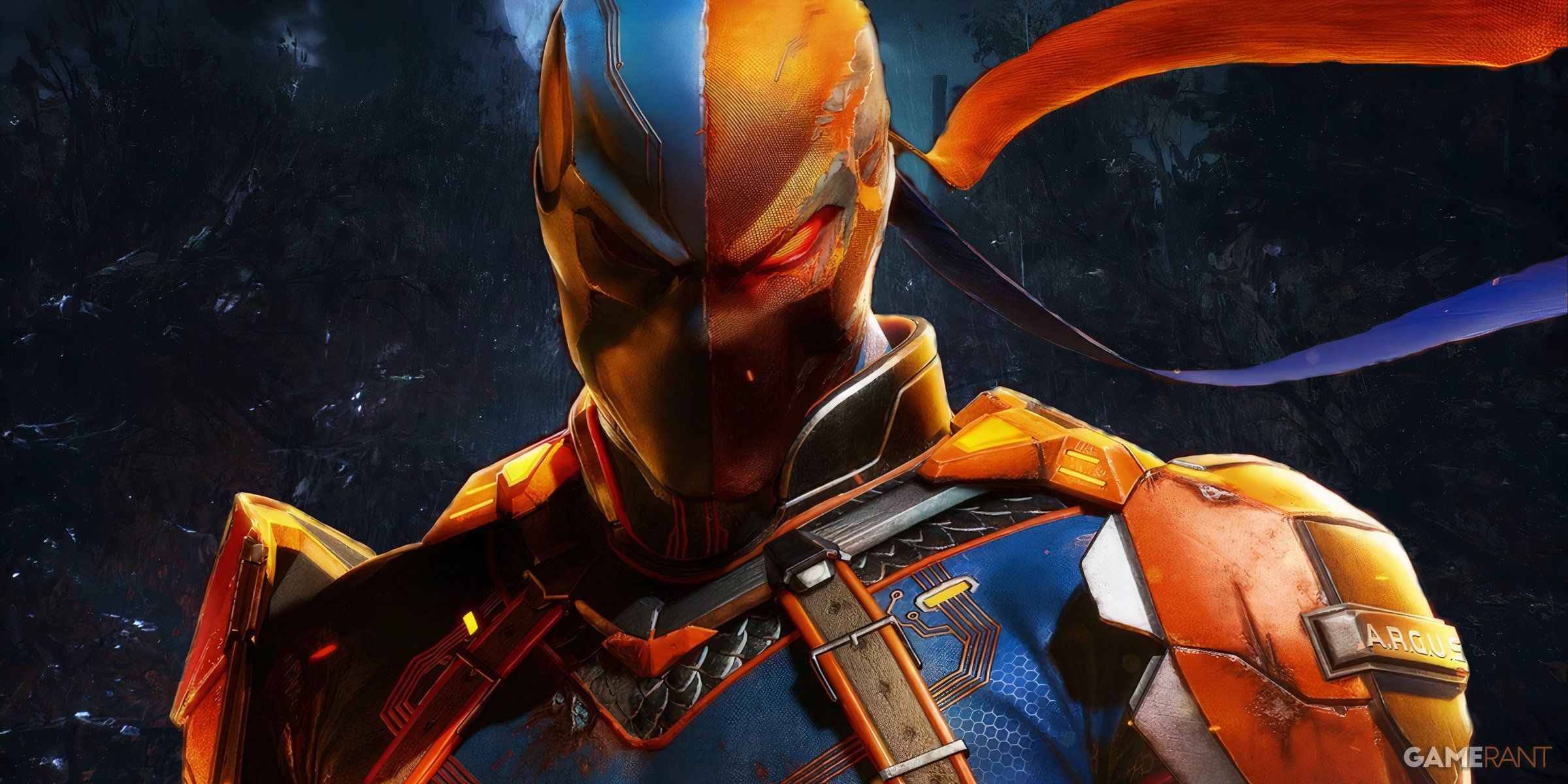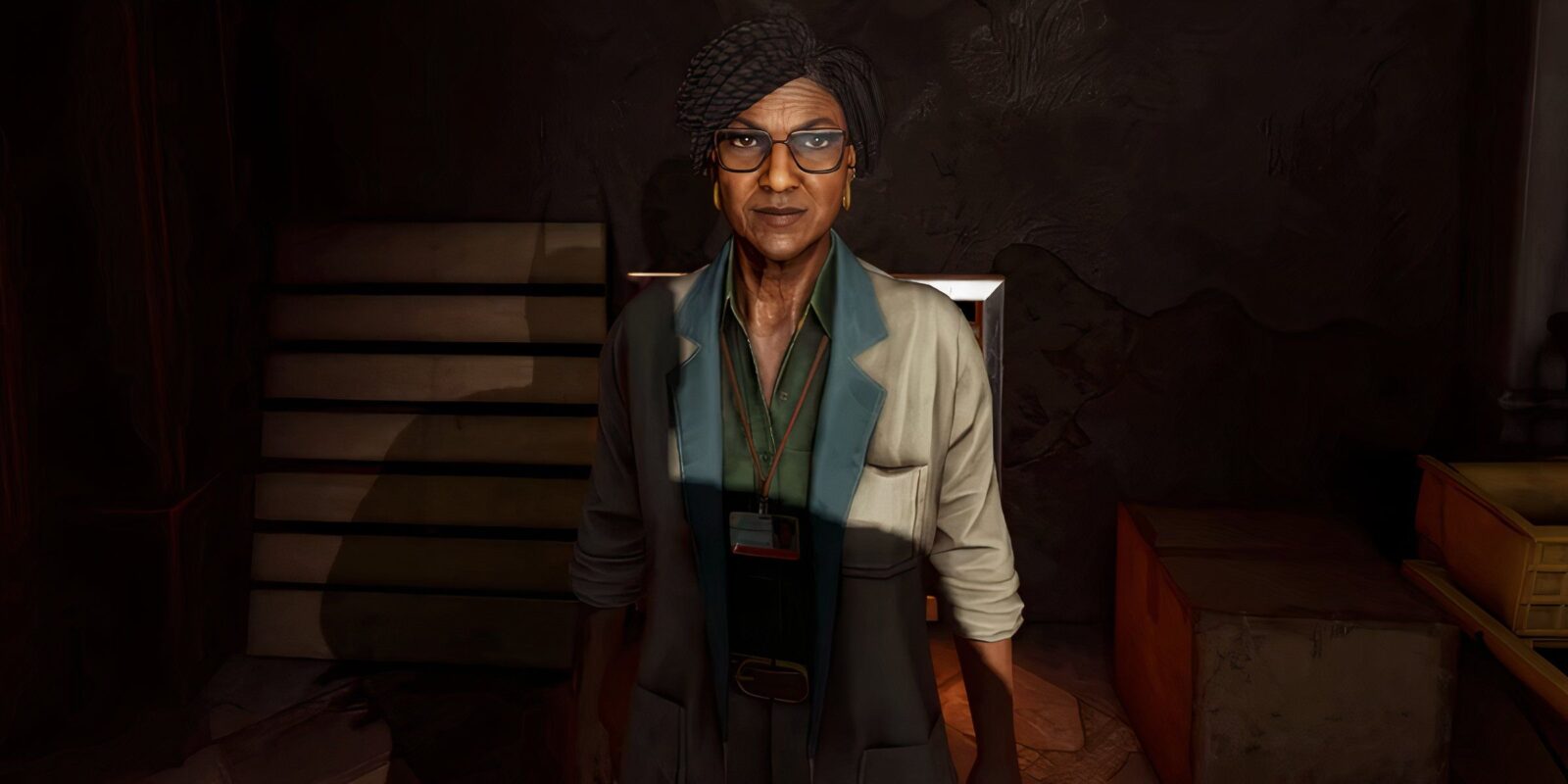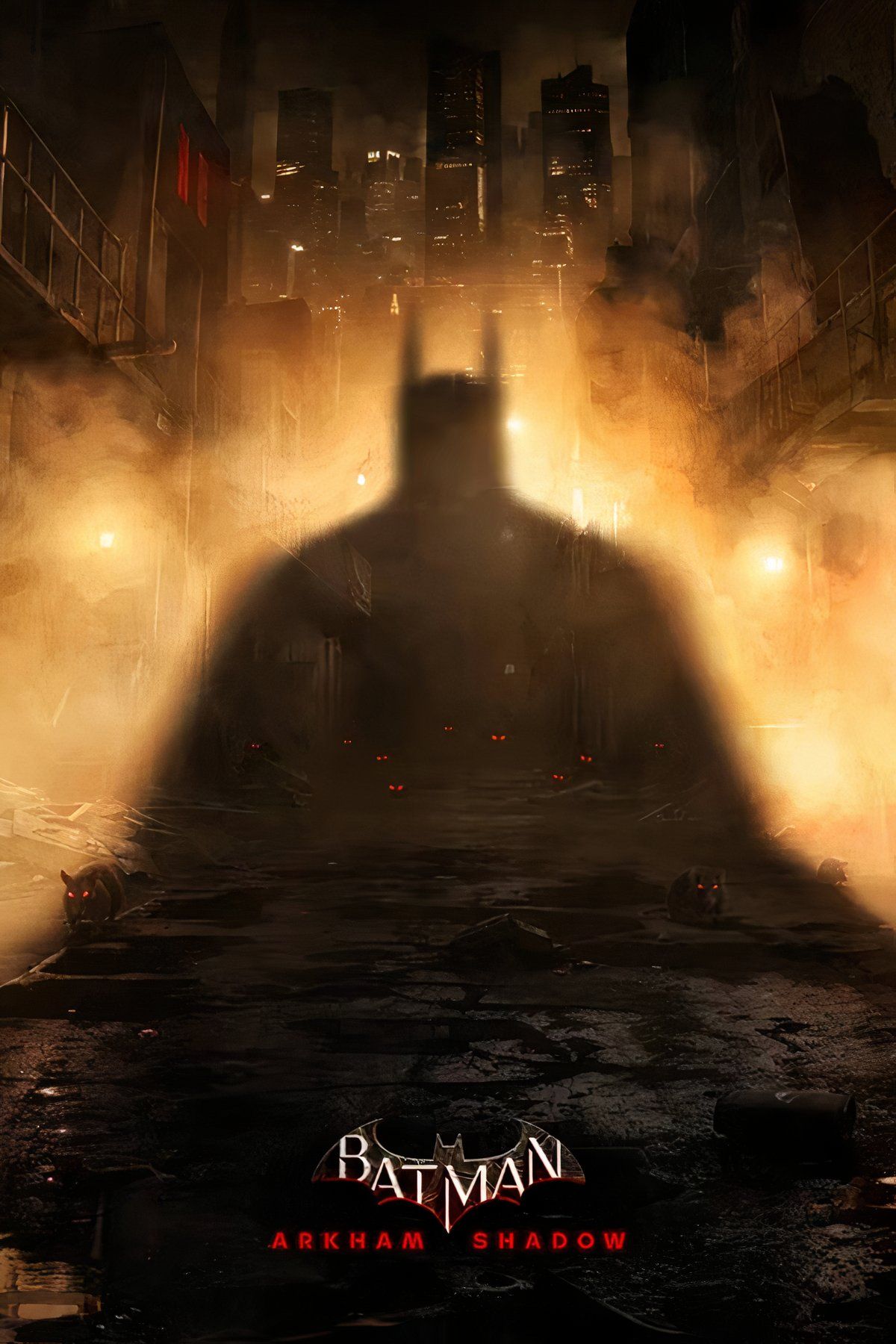When it was announced that Batman: Arkham Shadow was debuting a brand-new antagonist figure to the Arkhamverse named the Rat King, the community was right to be immediately skeptical of his identity. The Arkhamverse rests its laurels on a bedrock of lore between installments that have all spawned and extrapolated outward from its humble yet formidable beginnings in Batman: Arkham Asylum. For example, the only reason that the reveal of Jason Todd as Batman: Arkham Knight’s titular antagonist didn’t immediately fall flat was arguably because the lore hadn’t been clear on whether there had ever been a Jason Todd in the Arkhamverse, at least outside the cryptic dreamscape presented in Batman: Arkham VR where Joe Chill also debuted.
It’s also unmistakably clear that Jason is the Arkham Knight once Batman and Robin begin corralling Albert King, Christina Bell, and Johnny Charisma, though knowing with certainty that he actually existed beforehand would’ve made it all too obvious and Rocksteady must’ve known it could capitalize on that oversight in the established lore.
Either way, a completely new villain whose name has never been heard of in the Arkhamverse before Batman: Arkham Shadow was a huge risk and had to mean one of two things: the Rat King either dies during the game’s events or is revealed to be someone else with an identity that would outlive the ‘Rat King’ moniker. The latter turns out to be true, yet it is far more exhilarating to observe as the Rat King persona evolves throughout the narrative.

Related
After Suicide Squad: Kill the Justice League, Deathstroke Deserves to Return in a Big Way
Suicide Squad: Kill the Justice League has finally released Deathstroke and will hopefully mark a new chapter for the Arkhamverse antagonist.
Batman: Arkham Shadow’s Rat King is a Wild Goose Chase
There are a lot of moving parts in Batman: Arkham Shadow’s story and many of them actively work to obfuscate who the Rat King truly is. Batman is more concerned about finding the Rat King than learning who he is, and his rage-induced pursuit leads him to suspect and investigate many characters found in Blackgate Prison, such as Carmine Falcone, Otis Flannegan, Lyle Bolton, and Dr. Jonathan Crane. All attention is drawn away from District Attorney Harvey Dent once the Rats target him at the Solomon Wayne Courthouse and nearly burn him alive—a fate he only halfway avoids later on in the story.
Of course, it is discovered that the ‘Rat King’ is a symptom of Harvey’s dissociative identity disorder and there’s a poetic irony in the fact that Harvey is pursuing this antagonist as tirelessly as Batman is. Harvey technically becomes Two-Face in Batman: Arkham Shadow’s last moments, shedding the Rat King persona to take on a more explicit duality that Harvey is conscious of and horrified by, but the ‘Rat King’ doesn’t end with Harvey.
Batman: Arkham Shadow Retires Its Rat King with No Loose Ends
Thanks to a wildly accurate prophecy of the Rat King’s birth into Blackgate as an inmate, the Rat King persona is pinned on Irving “Matches” Malone and retired with his abrupt disappearance thereafter, allowing the Arkhamverse to wipe its hands clean of the name and believably not have it be mentioned again in the series. This is teased throughout the narrative with Malone literally being born into the prison and not being a real person elsewhere, and Bruce’s actions as Malone happen to coalesce with what was prophesied about the Rat King in defeating the cops, the courts, and the clink.
This literally saves Bruce’s life as the Rats are all content to follow Malone as their king and free him from a gas chamber while knocking out Bolton to do so. Malone is no more by the end of the game and it would be fascinating to see how the Rats might respond to his absence, but if the Rats are flushed after Batman: Arkham Shadow they’ll likely be taking the Rat King persona and its relatively small impact on the Arkhamverse as a whole with them.














Leave a Reply